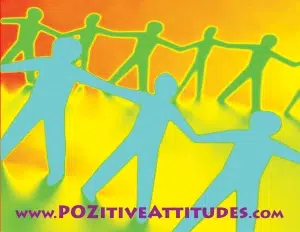A new study by the Williams Institute at UCLA has shed light on the disproportionate impact of the COVID-19 pandemic on older LGBTQ+ Americans. The study, led by Research Data Analyst Lauren J.A. Bouton and co-authored by Amanda M. Brush and Ilan H. Meyer, used data from the U.S. Census Household Pulse Survey to examine the experiences of LGBTQ+ adults aged 50 and older during the pandemic.
The findings of the study reveal that the COVID-19 pandemic has had a negative impact on older LGBTQ+ individuals. The study found that LGBTQ+ people over 50 were more likely to receive the COVID-19 vaccine compared to their straight peers, but reported higher levels of anxiety and depression during the pandemic. Additionally, the study found that similar proportions among all LGBTQ+ ethnic groups reported relying on credit cards, loans, and savings or retirement to supplement their incomes during the pandemic.
The study also highlighted some demographic differences among older LGBTQ+ individuals. The data showed that more people aged 50–64 identified as LGBTQ+ compared to those 65 years and older. The study also revealed that more men over 50 identified as LGBTQ+ compared to women, which is the opposite of what is seen in younger age groups where women are more likely to identify as LGBTQ+.
The findings of the study highlight the importance of addressing the specific challenges faced by older LGBTQ+ individuals during the COVID-19 pandemic. The pandemic has widened existing disparities and magnified the challenges faced by this community, particularly in terms of mental health.
In conclusion, the new study by the Williams Institute at UCLA is a crucial step toward understanding the impact of the COVID-19 pandemic on older LGBTQ+ individuals. It highlights the need for policymakers, healthcare providers, and support organizations to take action to address the specific challenges faced by this community. This includes providing resources and support for mental health, as well as addressing economic and financial difficulties that older LGBTQ+ individuals may face during the pandemic and beyond.


















